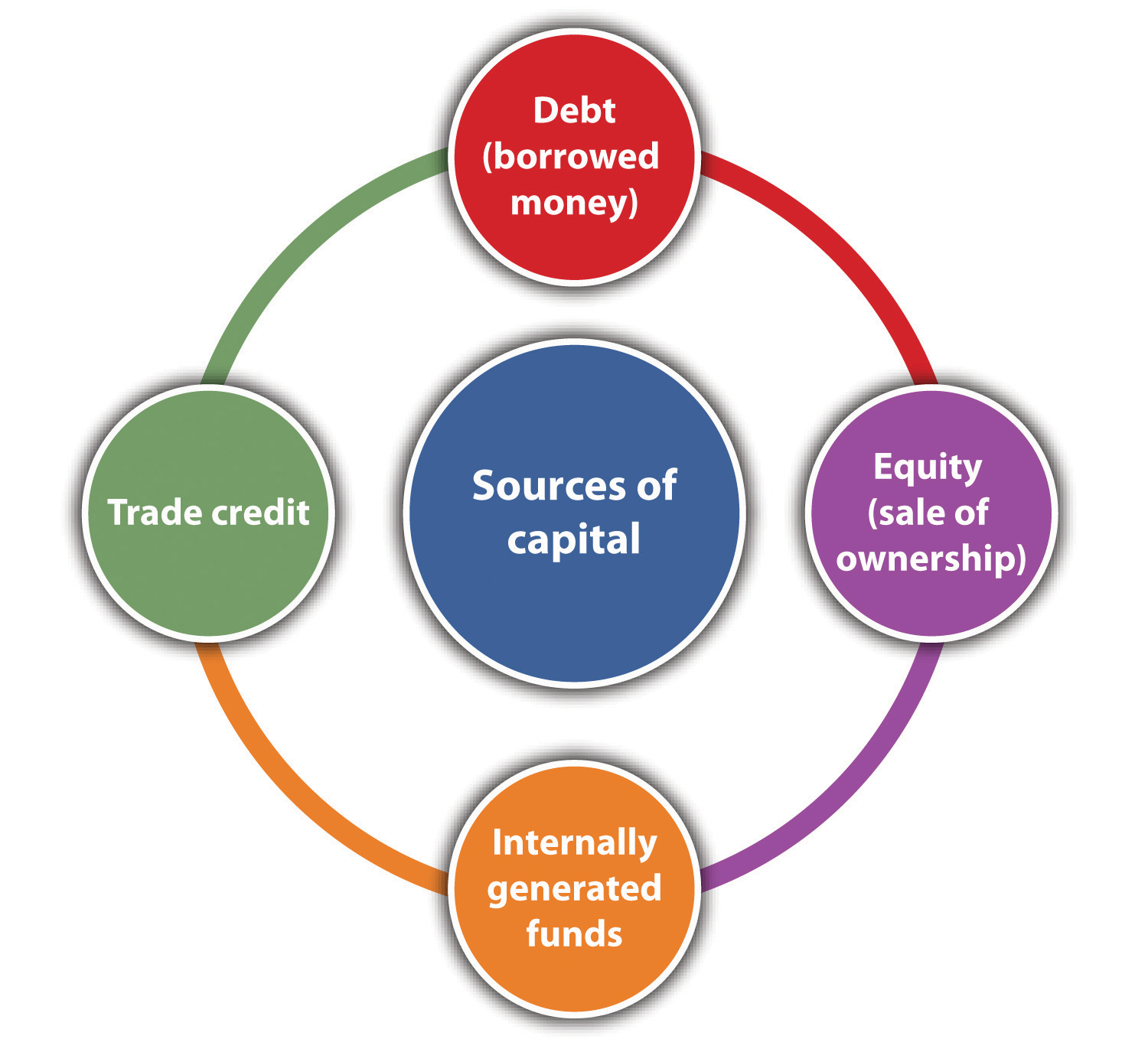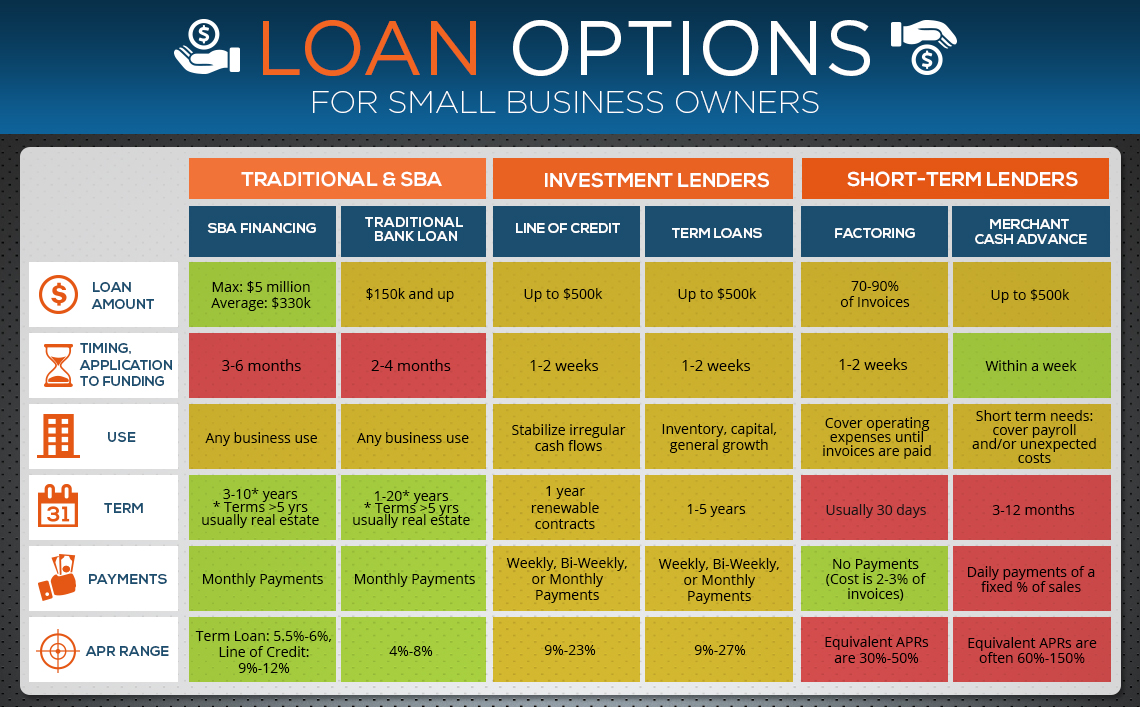
Image source: https://2012books.lardbucket.org/books/modern-management-of-small-businesses/section_14/14544f693386097299a4062e02bc7eb3.jpg
Qualified financial advisors, such as bookkeepers, accountants, and tax preparers, are priceless for any business. Their budget-busting fees are often unaffordable for a bootstrapped business. Consequently, you must master the fundamentals, such as cash management, recordkeeping, and getting paid, in order for your business to survive and thrive. It is equally important to recognize the circumstances that require the assistance of a qualified financial advisor. There are free or inexpensive ways to acquire financial expertise for your business. The section below provides a few of them:
1. Hire a college student, who is majoring in accounting or finance, to perform bookkeeping or other accounting tasks on a part-time basis. He or she should have an understanding of the accounting process. You will create a win-win situation for both the student and your company. The student will gain relevant work experience at a reasonable hourly rate, while your company practices sound financial management. Contact local business colleges in your area to learn about their internship programs or job posting requirements.
2. Locate a business coach to assist you with learning financial management of your small business. Notice that I did not suggest that you find an expert who will perform services without proper consideration. Such a relationship will not last. Start your search for a coach by contacting the Small Business Administration (SBA) or Service Corps of Retired Executives (SCORE) in your area. Additionally, there are online business coaches available to assist.
3. Attend seminars and training classes to learn financial nuts and bolts. There are plenty of nonprofit and governmental organizations, such as the Internal Revenue Service (IRS), that offer relevant financial information to business owners. The IRS offers onsite and online training courses. Additionally, consider enrolling in a tax school sponsored by one of the national tax chains. Many of these schools are free to attend or require a small fee for books and materials. Make it your business to learn basic tax laws and tax preparation skills.
4. Participate in relevant Blogs and online forums in order to learn from your peers. Do not minimize the benefit of sharing experiences and knowledge with other bootstrappers or coaches. You just have to get involved.
5. Increase your financial literacy by reading relevant information about starting and operating a small business. Make an effort to locate information that targets bootstrapping, since this form of entrepreneurship has its own challenges and rewards.
There are additional options that can be pursued to acquire financial expertise for your bootstrapped business. The list above is just a smart start. Before you decide to take advantage of them or other alternatives, understand their limitations. In general, the alternatives should not be used to replace the real contributions of a compensated financial advisor (when applicable). As a matter of fact, there are circumstances that should not be handed off just to save a few dollars. Examples include setting up a computerized accounting system, systematizing the accounting functions, appraising a business, bringing in a partner or investor, planning the purchase of capital assets, and answering queries from the IRS and other authorities. Of course, a bartered transaction between your business and a financial advisor to save money is okay. You just have to make sure the exchange is equitable.
Before you bootstrap your next big idea or continue with your current enterprise, take care of the fundamentals first. Learn to become an expert in small business financial management. There are free or inexpensive opportunities to assist you. Where you lack in experience or access, be willing to hire a qualified financial advisor. Ultimately, you are increasing the chances of your business succeeding.



